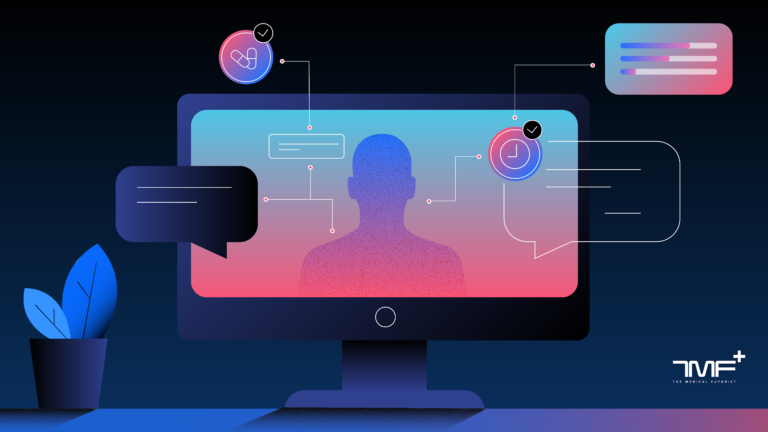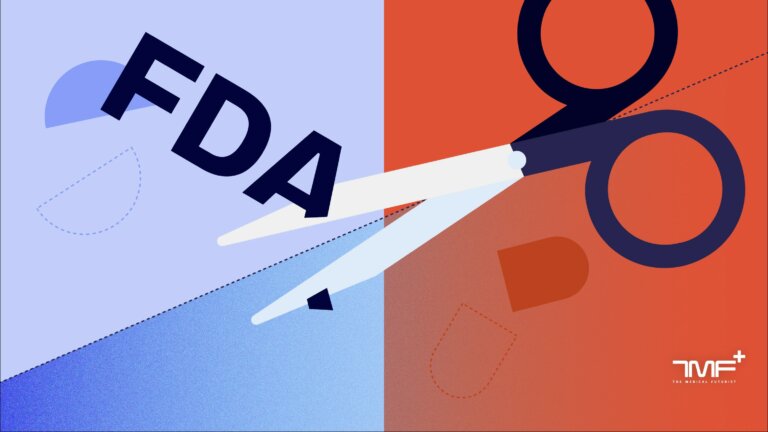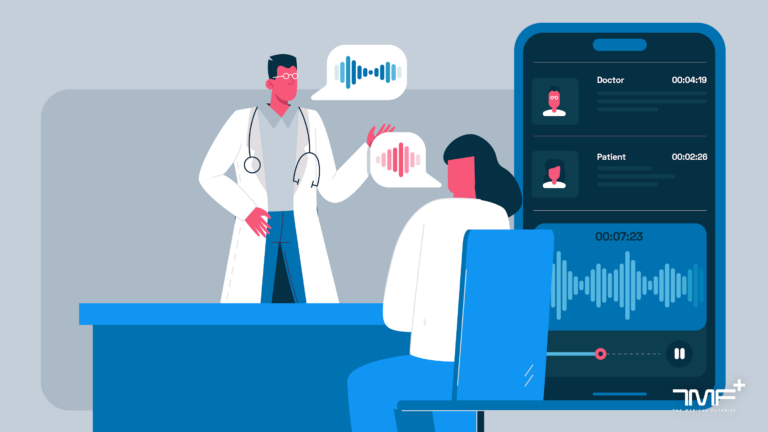The Medical Futurist – Read More
The recent artificial intelligence (AI) boom has seen the technology applied in various sectors of healthcare. From triaging of patients to drug design, AI has been impacting the field in unconventional ways.
In a similar vein, the technology is increasingly being used to handle medical insurance claims. While the integration of AI in this space has some practical benefits, it does come with growing ethical concerns. To help make sense of it all, we dive into the AI-driven world of insurance claims in this article.
How AI assesses insurance claims
The use of algorithms is not exactly a new phenomenon. Health insurance companies have been using such software, albeit simpler ones, for years. With the advent of generative AI, more powerful systems have become available to process insurance claims from patients.

The way they generally work involves a combination of AI techniques such as machine learning, optical character recognition (OCR) and natural language processing (NLP). It can look akin to the following process:
- When the system receives a claim, it automates document verification and data entry.
- Once the claim passes through that stage, the system reads and extracts relevant information from unstructured documents such as claim forms and medical notes.
- It can even cross-check with previous claims and policies for fraud detection.
- Based on its assessment, it can route it for payment, human review or issue an automated denial.
A common example of AI use in claims processing is in prior authorisation. This refers to cases where care is provided after clinicians receive payment approval from insurers. Companies use AI systems in such cases to determine the necessary care for the patient, such as the length of hospital stays. In case of a declined claim, patients can either appeal the decision, opt for a different treatment covered by the insurer or pay out of pocket.
It should be noted that this is how an AI-driven insurance claims process is likely to work. Insurance companies have not revealed the exact process as they consider their algorithms as trade secrets.
The practical benefits of integrating AI in claims processing
Despite the lack of transparency over how AI systems process health insurance claims, they can deliver practical benefits across the process if they are designed and governed adequately.
Integrating AI in the claims processing cycle lifts significant administrative burden. By automating tasks such as data extraction and prior authorisation, the adjudication cycle is shortened. As a result, reimbursements are more timely, and patients have to wait less to receive a decision regarding their claims.

With data-driven decision-making, payers can benefit from more optimised resource allocation. Their AI tools can further help in detecting fraudulent claims at scale and faster than with manual review alone. As a result, their service delivery and financial outcomes are enhanced.
AI isn’t only used by insurers. The technology can help patients ensure correctly filled and formatted forms based on the specifications of individual insurers. The CEO of UnitedHealth Group highlights that most denials are a result of wrongly filled or filed forms. He even estimates that 85% of denied claims could be avoided through technological assistance.
Ethical quandaries of automating insurance claims
Despite the upside of utilising AI in health insurance claims processing, there are significant ethical and regulatory concerns that persist.
Due to the lack of transparency over the decision-making process of such tools, it is difficult, or even impossible, for independent or regulatory bodies to evaluate their safety, fairness and effectiveness.

The lack of oversight can lead insurance companies to prioritise financial gains over patient health. By automating coverage reviews, insurers require fewer human medical professionals that they need to bankroll. In more concerning cases, the companies can drag the claims process, especially in the case of appeals to denials, which can take years, for patients with poor prognoses. Research further indicates that chronic patients and disadvantaged groups are more likely to have their claims denied.
Insurance companies UnitedHealth, Humana and Cigna have faced class-action lawsuits that allege their use of AI tools to withhold lifesaving care. One lawsuit alleges that UnitedHealth’s algorithm for predicting care has a 90% error rate, leading to 9 out of 10 denials being reversed upon appeal. A US Senate report has also indicated that the three largest providers of Medicare Advantage reject prior authorisation claims at high rates using technology and automation.
The need for regulating AI in the insurance industry
As a result of such concerning practices, some policymakers have begun to act. The US Centres for Medicare & Medicaid Services requires that Medicare Advantage plans base decisions on individual patient needs, instead of relying on generic criteria. Some states have proposed laws to restrict algorithmic decision-making in claims processing. California has even passed a law that requires physician supervision over the use of AI tools in insurance coverage.
While promising, such actions do not provide governance over the functioning and decision-making processes of the algorithms. The FDA could be an adequate institution to monitor such factors. However, health insurance algorithms do not fall under its scrutiny.

To counter such limitations in the current state of the industry, patients and other companies have taken matters into their own hands, with the help of AI. Some generative AI tools have been developed to assist in the drafting of appeal letters.
One example is from Claimable Inc., whose tool can generate custom letters with details of clinical research and other patients’ appeal history in similar contexts. Compiling such information can be time-consuming, but such tools can make the process much easier and cheaper.
AI in insurance claims: a necessary or an avoidable future?
The scale of modern healthcare systems, with its millions of claims and cost pressures, makes automation an attractive solution going forward. In many cases, AI might be necessary to keep operations functioning and to minimise backlogs and manual errors. Well-designed AI systems can benefit the claims process with better efficiency and an improved patient experience.
However, these benefits can only be realised if such systems are fairly implemented with human oversight. If insurers prioritise financial gains over valid clinical need, the future of AI in claims processing will be fraught with lawsuits and reduced trust in such systems. Conversely, if companies adopt an ethical, patient-centred approach, where human review is mandated for high-risk cases and where independent audits are permitted, we could experience a more established presence in the long term.
AI is already changing health insurance claims processing, but its future impact will depend on how it is governed and implemented going forward. Done right, automation can reduce friction in the claims cycle; but done poorly, it can widen inequities. A positive future for AI in insurance claims will require a combination of regulatory oversight, patient-focused experiences and legal protections that will promote timely, equitable care rather than automated cost-saving practices.
Written by Dr. Bertalan Meskó & Dr. Pranavsingh Dhunnoo
The post AI And Health Insurance Claims: A Hopeful Or Dystopian Future? appeared first on The Medical Futurist.





